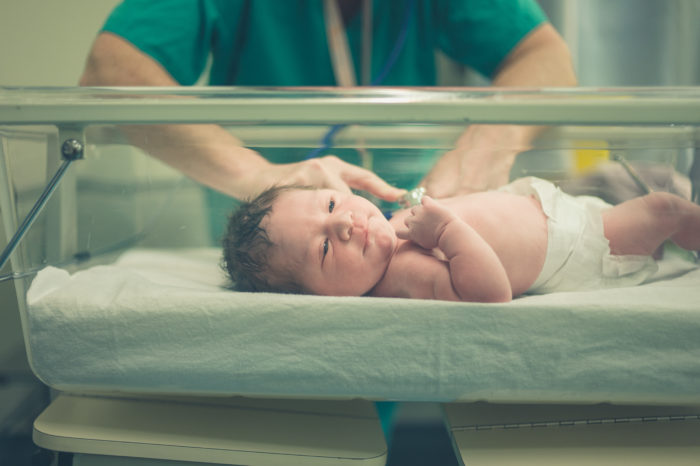For Newborns & Infants in the NICU, COVID-19 Restrictions May Do More Harm than Good
May 14, 2021
Babies born during the pandemic will never know what life was like “before 2020.” Yet policies meant to minimize the spread of COVID-19 may have a lifelong impact on babies born last year.

Early in the pandemic, many hospitals made a practice of separating newborns from their COVID-19-positive mothers. The goal – to reduce the risk of coronavirus transmission – was worthwhile, yet it meant mothers and babies couldn’t bond for upward of 14 days.
A new study found that this separation may have inadvertently put newborns at higher risk of death or subjected them to adverse health impacts, some of which could have been minimized by frequent and early skin-to-skin contact. Such bonding promotes stronger breathing, increased weight gain and brain growth, and it lowers babies’ overall risk of infection.
Critically ill babies and those born prematurely may spend weeks or months in the neonatal intensive care unit. The care these babies received from medical professionals was largely unchanged because of COVID-19, but the ability for parents to visit them was severely limited in many instances. Some would argue that parents are a vital part of that health care team for newborns, yet the concerning repercussions of limitations to visitation rights have hardly been discussed.
And concerns about the effects of separation aren’t limited to just newborns. A mom who has limited contact with her new baby may experience exacerbated postpartum depression, anxiety and psychological distress.
Parent-newborn bonding, on the other hand, can increase confidence in parents’ ability to care for their baby. It can also help moms and dads build resilience and reduce stress, which is helpful for all new parents, but especially so during COVID-19-induced uncertainty.
More than a year into the pandemic, health experts advise the significant benefits to maternal and infant wellbeing outweigh potential risks of coronavirus exposure or infection. In fact, the chance of maternal to infant COVID-19 transmission is extremely low. The worst-case scenario, assuming 100% transmission from COVID-positive mother to her infant, could result in 1,950 neonatal deaths, according to researchers. In contrast, they estimated more than 125,000 newborn lives would be saved if frequent and early skin-to-skin contact, called “kangaroo care,” was practiced universally.
The harmful effects of strict separation protocols and visitation restrictions, now lifted in nearly all hospitals, are a reminder of why policies should reinforce, rather than override, the natural instincts and needs of newborns and moms.
Tags: InfantCategorized in: Blog

